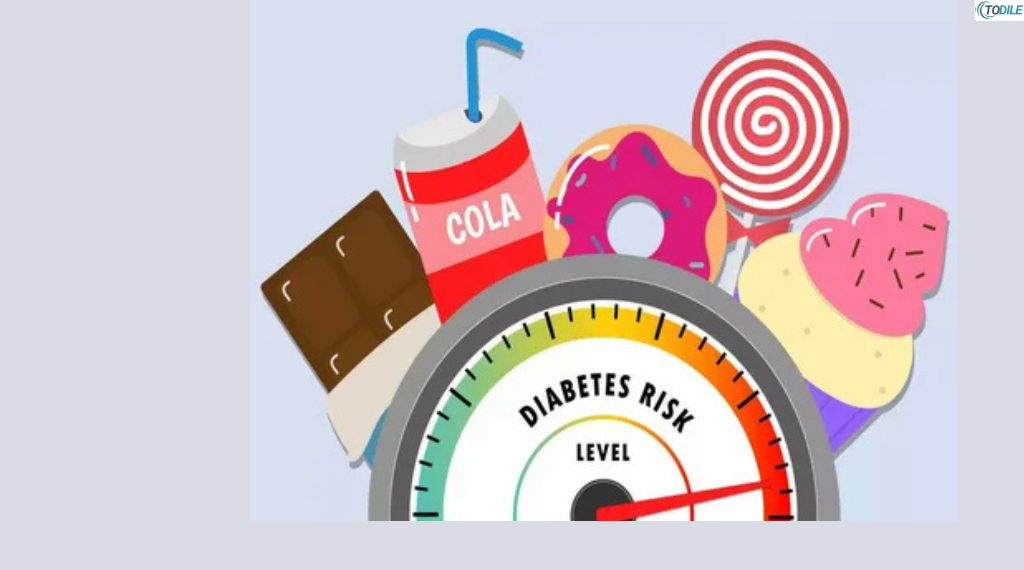:
Managing blood sugar levels is crucial for maintaining overall health, especially for those with diabetes or prediabetes. However, there are several everyday factors—beyond sugary snacks and desserts—that can cause unexpected blood sugar spikes. Here are 10 common culprits to watch out for:

1. Stress
Stress triggers the release of hormones like cortisol and adrenaline, which can increase blood sugar levels. Chronic stress, whether from work or personal life, can make it harder to keep blood sugar in check.
2. Lack of Sleep
Poor sleep or insufficient rest affects the body’s ability to use insulin effectively. Even one night of bad sleep can lead to higher blood sugar levels the next day.
3. Dehydration
When the body is dehydrated, the blood becomes more concentrated, which can lead to higher glucose readings. Staying hydrated helps keep blood sugar levels stable.
4. Skipping Meals
Skipping meals, especially breakfast, can lead to fluctuations in blood sugar levels. When you don’t eat, your body may release glucose from storage to compensate, causing a spike.
5. Hidden Sugars in Foods
Many foods, even those labeled as “healthy” or “low-fat,” contain hidden sugars. Salad dressings, sauces, and flavored yogurts are common examples that can lead to unexpected spikes.
6. Certain Medications
Some medications, such as steroids, beta-blockers, and certain diuretics, can cause an increase in blood sugar levels. Always consult your doctor about potential side effects.
7. Overeating Carbohydrates
Even healthy carbs like whole grains, fruits, and starchy vegetables can raise blood sugar if consumed in large amounts. Portion control is key.
8. Physical Inactivity
Sitting for extended periods or avoiding regular physical activity can cause blood sugar to rise. Exercise helps your body use insulin more effectively.
9. Illness or Infection
When your body is fighting an illness or infection, it releases stress hormones to help combat the issue. These hormones can raise blood sugar levels.
10. Artificial Sweeteners
While they don’t contain sugar, some artificial sweeteners can still affect blood sugar levels indirectly by altering gut bacteria or triggering cravings that lead to overeating.

Tips for Managing Blood Sugar
To maintain healthy blood sugar levels:
- Monitor your blood sugar regularly.
- Eat balanced meals with a mix of protein, healthy fats, and fiber.
- Stay hydrated and aim for at least 7–8 hours of sleep each night.
- Incorporate regular physical activity into your routine.
Understanding and addressing these everyday triggers can help you take control of your blood sugar and support long-term health.

Let me know if you’d like to refine this further!



